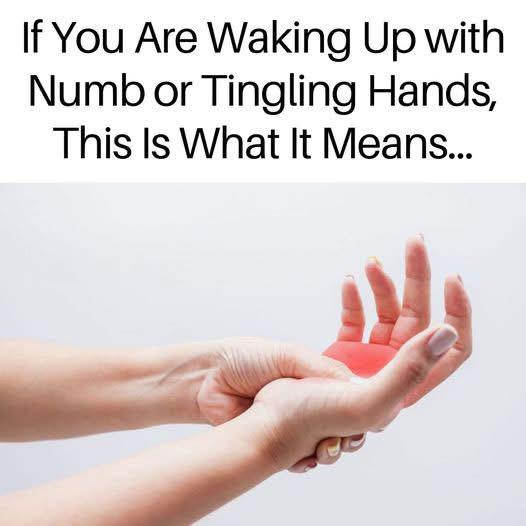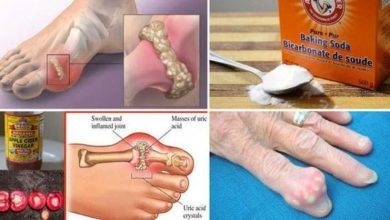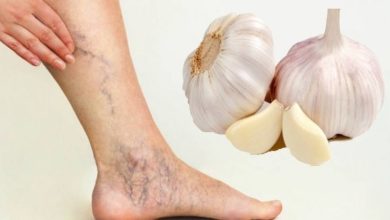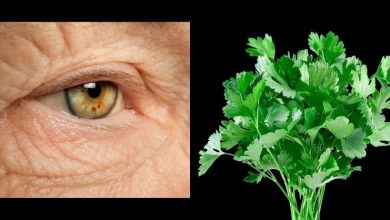
Have you ever woken up with numbness or tingling sensations in your hands? If so, you’re not alone.
The good news is that this pins-and-needles sensation isn’t dangerous on its own. According to the Mayo Clinic, “Numbness alone isn’t usually associated with potentially dangerous disorders, such as strokes or tumors.”
Fortunately, numbness or tingling in your hands can often be addressed easily. One common cause is your sleeping position. If you sleep with your hands under your body, you might wake up with a loss of sensation in your hands.
Additionally, repetitive hand and finger movements, such as typing, writing, or using tools, can cause this sensation. These movements can compress the nerves over time, leading to conditions like carpal tunnel syndrome, which affects the median nerve in the wrist. According to Healthline, “If the condition persists, it can cause permanent nerve damage. Sometimes surgery is necessary to relieve the pressure.”

Another cause of numbness and tingling can be a vitamin B12 deficiency, which is common among vegans and vegetarians. Vitamin B12 is found in eggs, meat, dairy, and fortified cereals and is also available as a supplement.
A drop in calcium, potassium, or sodium levels can disrupt nerve signals, resulting in tingling sensations. This often occurs due to dehydration, certain medications, or underlying health issues. To prevent this, stay hydrated, eat nutrient-rich foods, and seek medical advice if symptoms persist.
Peripheral nerve damage from long-term high blood sugar, known as diabetic neuropathy, can also cause numbness, tingling, or burning sensations in the hands and feet.

Nerve compression can occur due to a herniated disc or neck spondylosis. Autoimmune disorders like rheumatoid arthritis, poor circulation, non-cancerous growths like ganglion cysts, and certain infections can also lead to numbness and tingling.
While hand numbness is often caused by benign factors, persistent symptoms should be evaluated by a medical professional.






